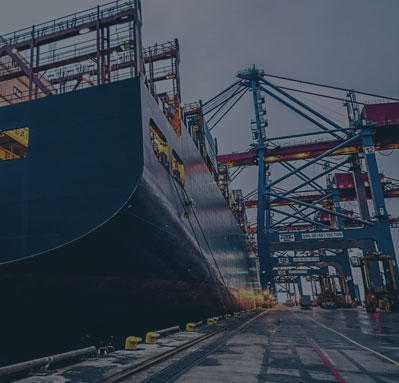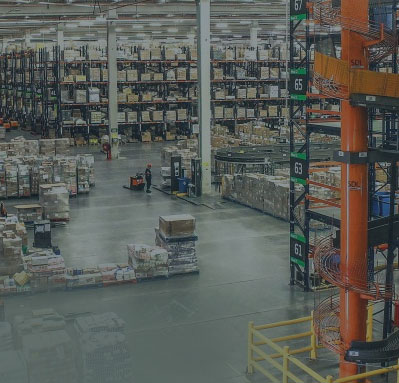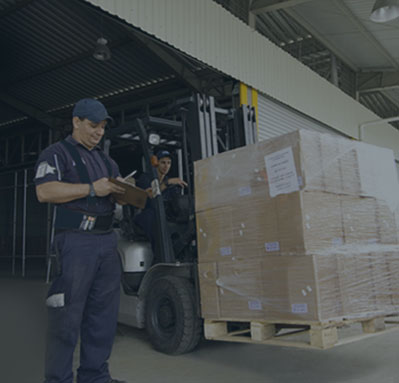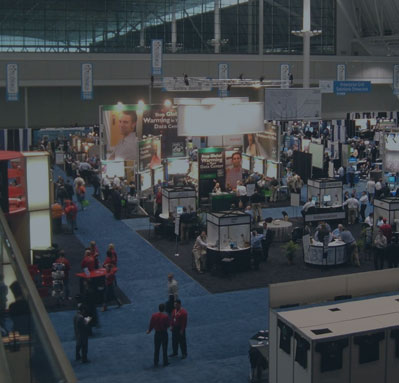Customs clearance delays are an all too familiar problem that can arise during the import and export of goods. These disruptions can prove highly frustrating for businesses, resulting in augmented expenses and missed opportunities for revenue. This article will delve into the underlying reasons behind customs clearance delays and present actionable solutions to mitigate or eliminate them.
Causes of Import and Export Customs Clearance Delays
1. Inaccurate or incomplete documentation
One of the most common causes of customs clearance delays, for both imports and exports, is inaccurate or incomplete documentation. This can include missing information, incorrect information, or outdated information. When customs officials receive incomplete or inaccurate documentation, they may need to request additional information or clarification from the importer or exporter, which can lead to delays. To avoid documentation errors, it’s important to ensure all necessary documentation is complete and accurate before submitting it to customs officials.
Freight forwarders can play a critical role in helping to ensure that documentation related to the movement of goods is accurate and complete. Here are some ways freight forwarders can help:
- Reviewing documentation: Freight forwarders can review all documentation related to the shipment, including bills of lading, commercial invoices, packing lists, and customs declarations. By reviewing this documentation, they can identify any inaccuracies or omissions and work with the client to correct them.
- Providing guidance on documentation requirements: Freight forwarders are familiar with the documentation requirements for international trade and can provide guidance to clients on what documents are needed for a particular shipment. They can also advise on any specific requirements for the country of origin.
- Ensuring compliance with regulations: Freight forwarders can help ensure that all documentation is compliant with relevant regulations, including customs regulations, export controls, and trade agreements. This can help avoid any potential fines or penalties for non-compliance.
- Facilitating communication with customs authorities: In cases where documentation issues are causing delays or disruptions, freight forwarders can facilitate communication with customs authorities to resolve the issue as quickly as possible. They can also work with customs brokers to ensure that all documentation is completed accurately and on time.
- Offering value-added services: Freight forwarders may offer value-added services such as document preparation and filing, as well as assistance with obtaining any required permits or licenses. This can help ensure that all necessary documentation is completed correctly and in a timely manner.
2. Customs inspections
Customs officials may choose to inspect a shipment for a variety of reasons, including to check for contraband or to verify all goods comply with local regulations. These inspections can be time-consuming and can result in significant delays. To minimize the risk of customs inspections, businesses must ensure all goods comply with local regulations. Additionally all required permits and licenses must be obtained before shipping.
- Facilitating communication with customs authorities: Freight forwarders can act as a liaison between their clients and customs authorities, facilitating communication to ensure that all necessary information is provided and any issues are resolved as quickly as possible.
- Providing information about the shipment: Freight forwarders can provide detailed information about the shipment, including its contents, origin, and destination, which can help customs authorities assess the shipment more efficiently.
- Ensuring compliance with regulations: Freight forwarders can help ensure that all documentation is compliant with customs regulations and that all necessary permits and licenses have been obtained.
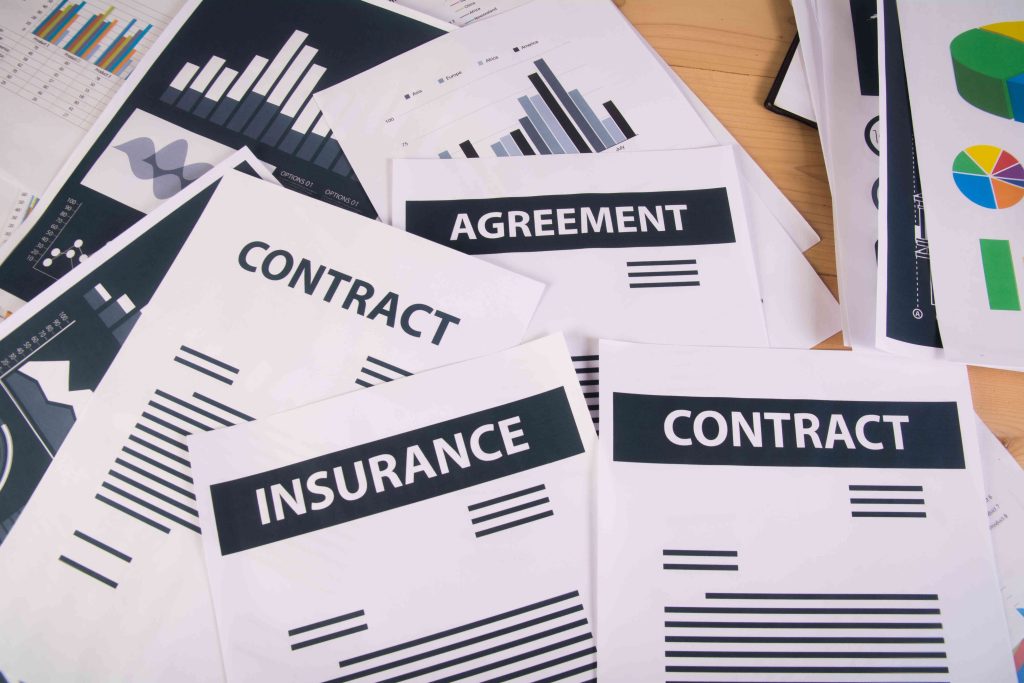
3. Delays at the port
Delays can also occur at the port of entry or exit, where goods are inspected and processed by customs officials. These delays can be caused by a variety of factors, including high volume of shipments, equipment breakdowns, or labor strikes. To minimize the risk of delays at the port, organizations must work with a reliable carrier who has experience in handling shipments to and from the port. It is also important to monitor the status of shipments and to communicate with customs officials and carriers to ensure any issues are addressed in a timely manner.
4. Tariffs and trade disputes
When tariffs are imposed on imported goods, customs officials may need to verify that the correct tariffs are being paid, which can lead to delays. Additionally, trade disputes can result in increased inspections and delays at the border. To minimize the risk of delays caused by tariffs and trade disputes, it’s important to stay up-to-date on changes to trade policies. Freight forwarders can play a valuable role in helping to mitigate the impact of tariffs and trade for clients engaged in international trade in a variety of ways, to include:
- Providing advice on customs regulations: Freight forwarders are well-versed in customs regulations and can advise clients on how to comply with them to avoid any potential trade disputes or tariffs.
- Identifying alternative sourcing options: If tariffs are imposed on goods from a particular country, a freight forwarder can help identify alternative sourcing options from other countries or regions, which can help reduce the impact of the tariffs.
- Optimizing shipping routes: Freight forwarders can help optimize shipping routes and transportation modes to reduce costs and transit times. This can be particularly helpful in situations where tariffs or trade disputes are causing delays or disruptions in certain trade routes.
- Managing paperwork and documentation: Freight forwarders can assist with the complex paperwork and documentation required for international trade, including customs declarations and compliance documents. This can help ensure that all necessary paperwork is completed accurately and on time, which can help mitigate the risk of trade disputes or tariffs.
- Providing trade compliance services: Freight forwarders can also provide trade compliance services to help ensure that clients are following all applicable regulations and requirements. This can include assistance with export controls, trade agreements, and other compliance issues.
5. Security concerns
Customs officials may also delay shipments if they have security concerns about the contents of the shipment. This can include concerns about terrorism, smuggling, or other illegal activities. To minimize the risk of security-related delays, it is important to ensure that all shipments are properly labeled and that all required permits and licenses are obtained before shipping.
Freight forwarders play a crucial role in helping companies with security measures to avoid custom clearance delays. They have a deep understanding of the import and export regulations of various countries and can provide guidance on the documentation required for customs clearance. A reputable freight forwarder can also assist companies in implementing security measures, such as proper packaging and labeling of goods, to ensure compliance with customs regulations. Additionally, they can help facilitate communication between shippers and customs authorities, providing up-to-date information on changes in regulations or requirements.
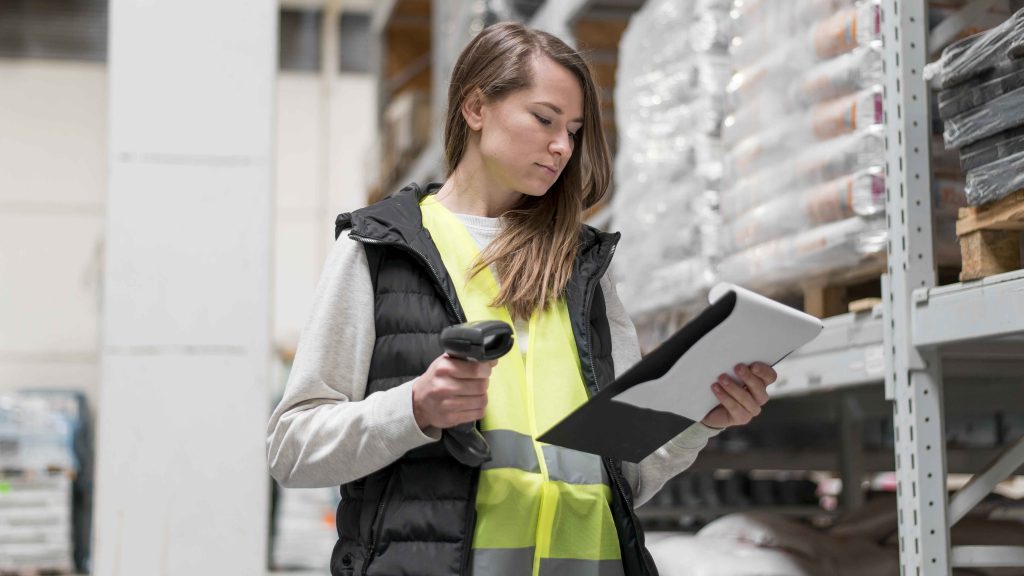
Solutions for Customs Clearance Delays
Whether you are importing or exporting, customs clearance delays can be a frustrating and costly experience for businesses that rely on timely delivery of their goods. There are several solutions that can help alleviate these delays and ensure that shipments arrive at their intended destinations in a timely manner.
- Work with a reputable freight forwarder: Freight forwarders have a wealth of knowledge and experience in dealing with customs regulations and can help businesses navigate the complex process of customs clearance. They have the expertise to ensure that all necessary paperwork is correctly completed, helping businesses to avoid costly and time-consuming customs delays. Additionally, freight forwarders can provide guidance on proper packaging and labeling of goods, which can also help to prevent delays caused by customs inspections.Furthermore, an Authorized Economic Operator (AEO) certification held by a freight forwarder can significantly expedite customs clearance, demonstrating that the agent has met rigorous security and compliance standards. This can greatly benefit businesses by ensuring that their shipments are processed efficiently and effectively.
- Plan ahead to ensure all necessary permits and licenses are obtained: Ensure that all the necessary information is provided to customs authorities before shipping cargo. This includes accurate and detailed descriptions of the goods being shipped, as well as their values and origins. Providing this information in advance can help customs officials quickly process shipments and reduce the risk of delays caused by additional inspections or paperwork.
- Leverage technology to avoid custom clearance delays: Electronic data interchange (EDI) systems can streamline the process of sharing information between shippers, carriers, and customs authorities. This can help reduce errors and delays caused by manual data entry and can ensure that all the necessary information is available in real-time.
- Utilize programs to help avoid delays: Pre-clearance programs, such as the Customs-Trade Partnership Against Terrorism (C-TPAT) in the United States, can also help expedite the customs clearance process. These programs allow businesses to undergo a security review and implement security measures to reduce the risk of terrorism and other security threats. In exchange, customs officials provide expedited clearance for shipments from pre-approved businesses.
- Keep the lines of communication open: Communication is key in avoiding custom clearance delays. Businesses should keep in close contact with their freight forwarders and customs brokers to ensure that all parties are aware of any changes or updates that may affect the clearance process. By staying informed and proactive, businesses can help reduce the risk of customs clearance delays and ensure that their shipments arrive on time.
Avoid Customs Clearing Delays with Cargoline
Customs clearance delays can have a significant impact on businesses involved in international trade. However, there are solutions that can help minimize the risk of delays and ensure that shipments are processed quickly and efficiently. By working with experienced freight forwarders, using technology to streamline the clearance process, and implementing supply chain management strategies, businesses can minimize the impact of customs clearance delays on their operations.
At Cargoline, we understand the challenges businesses face when it comes to customs clearance. That’s why we offer comprehensive customs brokerage services to help businesses navigate the complex customs clearance process for both importing and exporting their goods. Our team of experienced customs brokers and freight forwarders can help ensure all the necessary documentation is complete and accurate before you ship your cargo to ensure your shipments are processed quickly and efficiently.
Contact us today to learn more about how we can help your business navigate the customs clearance process and avoid delays.


